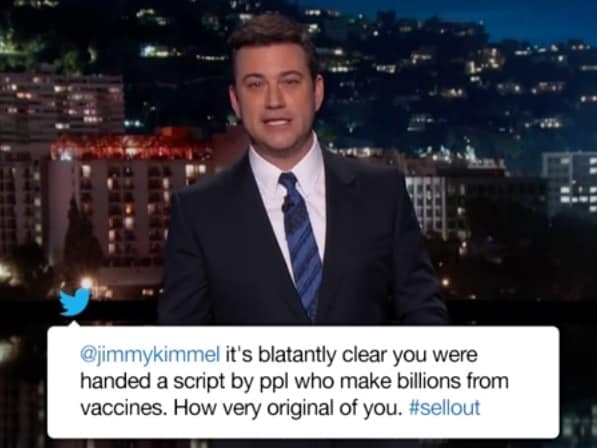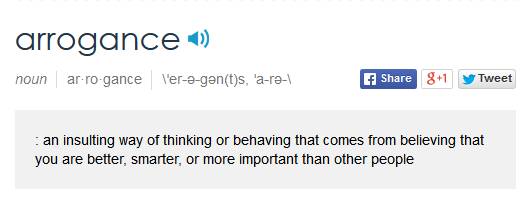

When will we learn?
For months now, doctors, nurses, public health officials, -people of science- have been warning us that we are rolling the dice.
By we, I mean we as a culture. A culture that, unfortunately, includes people that simply will not listen to common sense when it comes to one of the greatest victories in the history of public health policy: vaccines.
The most recent example is taking place in Lanaudière, a town north of Montreal. An incident linked to two families who traveled to Disneyland in February has resulted in an outbreak of 80 confirmed cases of the measles.
Reports are that all or most of the people who contracted the disease were not vaccinated, but that doesn’t matter to the dangerous anti-vaccination crowd. It doesn’t matter because they will, inevitably, find one person who was vaccinated and hold that up as a shining example that their beliefs have been vindicated.
This, of course, is drivel. No one claims that vaccines are 100% effective. The measles vaccine is, in fact, only 85-to-88% effective, explaining why someone can easily contract the disease even if they have been vaccinated.
So how can a small but growing population of crackpots put society at risk? It comes down to the fact that they are moving a very important needle a few percentage points.
That needle is “herd immunity” and it’s in the red. Scientists consider an eradication level of 95% ensured what is referred to as herd immunity or “community immunity” and its something that Canada does not enjoy anymore. The United Nations reports that Canada is now one of the few industrialized countries in the world with a vaccination rate of 85%.
Thanks, guys.
So let’s, with the help of Ph.D Jennifer Raff, run down the actual peer reviewed facts in hope that we can save people from a movement started by a man the Britain’s medical-licensing council found mistreated developmentally challenged children.

Vaccines save lives. Lots of them.
Three million children’s lives are saved every year by vaccination, and two million die every year from vaccine-preventable illnesses.
Vaccines are safe.
Read this study, which tested the safety and effectiveness of the pneumococcal vaccine in more than 37,868 children.
And no, vaccines don’t cause autism.
Some people who hold anti-vaccination beliefs will read peer reviewed studies and change their mind. Some people, like Kashana Cauley, did just that.
“I used to believe that vaccines played a role in my brother’s autism—until becoming a mother changed my mind”, wrote Cauley in an article for The Atlantic.
But others will hold onto their beliefs despite all evidence to the contrary, in which case we can take solace in the words of American astrophysicist Neil deGrasse Tyson, who said “That’s the good thing about science: It’s true whether or not you believe in it.”
For the rest of us, perhaps the best we can do is to try to have a sense of humour about it.
Late night talk show host Jimmy Kimmel received a torrent of criticism after mocking the ant-vaccination crowd recently. He then addressed the idea that perhaps this had changed his mind.
“A lot of these groups are insisting that I present both sides of the argument, and I’m not going to do that either because, well for the same reason I wouldn’t present both sides if a group of people decided that pancakes make you gay,” said Kimmel. “They don’t. And there’s no point in discussing it.”
Leave a Reply
You must be logged in to post a comment.





 Share
Share Tweet
Tweet Share
Share




Comment